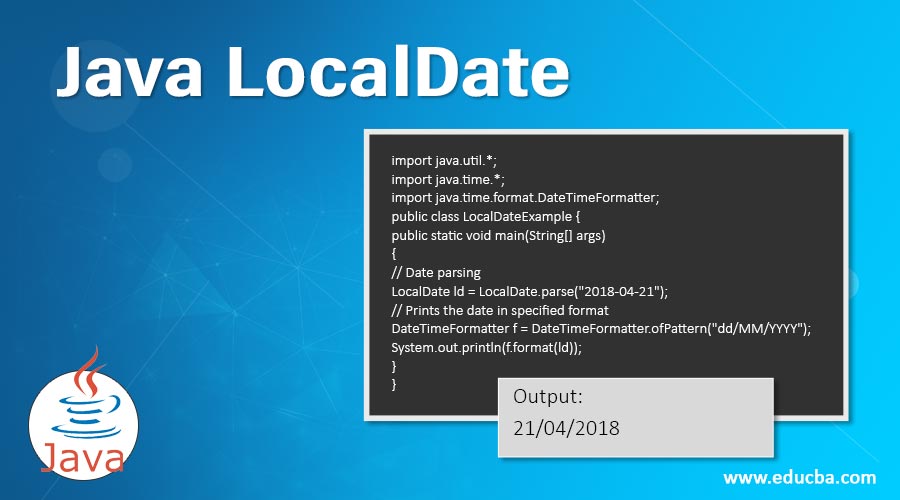The Local Date: A Comprehensive Guide To Understanding And Celebrating Local Dates
Exploring the local date is more than just knowing what day it is in a specific location. It’s about understanding cultural nuances, time zones, and how different regions around the world mark their days. Whether you're traveling, conducting international business, or simply curious about global timekeeping, grasping the concept of local dates is essential.
Time zones can be complex, but they play a crucial role in determining the local date in any given area. As the world becomes increasingly interconnected, the importance of understanding local dates has grown exponentially. This knowledge helps bridge gaps in communication, ensures accurate scheduling, and fosters mutual respect for cultural differences.
This article aims to provide a thorough understanding of the local date, including its significance, how it's determined, and the factors that influence it. By the end of this guide, you'll have a deeper appreciation for the intricacies of timekeeping across the globe.
Read also:April 17 Birthdays Celebrating Remarkable Personalities And Their Contributions
Table of Contents
- What is the Local Date?
- The Importance of Local Dates
- Time Zones and Local Dates
- Cultural Significance of Local Dates
- How to Calculate Local Dates
- Tools for Tracking Local Dates
- Common Mistakes When Dealing with Local Dates
- Local Dates in Travel
- Local Dates in Business
- The Future of Local Dates
What is the Local Date?
The local date refers to the date observed in a particular location based on its time zone. This concept is fundamental to understanding how time works globally. While the world follows the Gregorian calendar, the actual date experienced by individuals can vary depending on their geographical position. For instance, when it's Monday in New York, it could already be Tuesday in Tokyo.
Local dates are influenced by time zones, daylight saving adjustments, and international datelines. These factors ensure that every region operates on a schedule that aligns with its solar time, making daily life more manageable for its inhabitants.
How Local Dates Are Determined
Local dates are primarily determined by the Coordinated Universal Time (UTC) and the time zone offsets assigned to each region. UTC serves as the global standard, and local times are calculated by adding or subtracting hours and minutes based on the region's designated offset. This system ensures consistency and accuracy in global timekeeping.
The Importance of Local Dates
Understanding the local date is vital for various reasons, including personal, professional, and cultural contexts. In a world where globalization is the norm, being aware of local dates helps in fostering effective communication and collaboration across borders.
- Facilitates international travel planning
- Ensures accurate scheduling in global business operations
- Respects cultural and religious practices tied to specific dates
Local Dates in a Global Context
In an interconnected world, local dates play a crucial role in ensuring smooth operations across different regions. For instance, businesses operating in multiple countries must account for time zone differences to avoid miscommunication and scheduling conflicts.
Read also:Jimmy Fallon Birthday A Celebration Of Laughter And Talent
Time Zones and Local Dates
Time zones are geographical regions that observe the same standard time. They are essential in determining local dates as they dictate the offset from UTC. There are 24 primary time zones, each spanning 15 degrees of longitude, although political and geographical considerations can create deviations from this standard.
The International Date Line (IDL) is a critical factor in local date determination. Crossing the IDL can result in moving forward or backward by a full day, depending on the direction of travel.
Daylight Saving and Local Dates
Daylight saving time (DST) is another factor affecting local dates. Implemented in many countries to make better use of daylight during summer months, DST involves advancing clocks by one hour. While this adjustment primarily affects the time, it can also influence the perceived date, especially near the IDL.
Cultural Significance of Local Dates
Local dates often carry cultural and religious significance. Festivals, holidays, and rituals are tied to specific dates, which vary across regions. For example, while Christmas is celebrated on December 25th worldwide, the way it is observed differs significantly from one culture to another.
Understanding these cultural nuances is essential for respecting traditions and fostering inclusivity. By being aware of local dates, individuals can participate in cultural celebrations and show appreciation for diverse customs.
Examples of Culturally Significant Dates
- Chinese New Year: Based on the lunar calendar and varies annually
- Diwali: Celebrated by Hindus, Sikhs, and Jains, marking the triumph of light over darkness
- Eid al-Fitr: Marks the end of Ramadan and is determined by the Islamic lunar calendar
How to Calculate Local Dates
Calculating local dates involves understanding the time zone of the desired location and applying the appropriate offset from UTC. Tools such as world clocks, online converters, and smartphone applications can simplify this process. However, for those who prefer manual calculations, a basic understanding of time zones and offsets is necessary.
When calculating local dates, consider factors like daylight saving and proximity to the International Date Line. These elements can significantly impact the final result.
Manual Calculation Tips
- Identify the UTC offset of the target location
- Adjust for daylight saving if applicable
- Account for any regional deviations from standard time zones
Tools for Tracking Local Dates
Several tools and applications are available to help track local dates efficiently. These include:
- World clocks: Display the current time in multiple locations simultaneously
- Time zone converters: Convert times between different time zones
- Smartphone apps: Offer real-time updates and notifications for local dates and times
These tools are invaluable for travelers, business professionals, and anyone needing to stay informed about local dates in various regions.
Best Tools for Businesses
For businesses operating globally, tools like Google Calendar, Microsoft Outlook, and specialized time zone applications can streamline scheduling and improve productivity. These platforms allow users to set reminders, schedule meetings, and collaborate across time zones seamlessly.
Common Mistakes When Dealing with Local Dates
Despite the availability of tools and resources, mistakes in handling local dates still occur. Common errors include:
- Ignoring daylight saving adjustments
- Failing to account for time zone differences
- Misinterpreting the International Date Line
Avoiding these pitfalls requires vigilance and a solid understanding of how local dates are determined and influenced by various factors.
Preventing Common Mistakes
To prevent errors, always double-check local dates using reliable tools and resources. Additionally, staying informed about changes in daylight saving and time zone regulations can help ensure accuracy.
Local Dates in Travel
Travelers must be particularly mindful of local dates to avoid confusion and inconvenience. Whether booking flights, attending events, or simply planning daily activities, understanding the local date is essential for a smooth travel experience.
When traveling across multiple time zones, it's crucial to adjust your schedule accordingly and remain aware of the local date at all times. This awareness helps in making timely reservations and avoiding scheduling conflicts.
Tips for Travelers
- Set your devices to the local time upon arrival
- Use world clocks to stay updated on time differences
- Plan ahead for any daylight saving changes
Local Dates in Business
In the business world, local dates play a pivotal role in ensuring successful operations. From scheduling meetings to coordinating deliveries, accurate date and time information is crucial for maintaining efficiency and reliability.
Companies operating internationally must implement robust systems for managing time zones and local dates. This includes using advanced software solutions and training employees to handle time-related tasks effectively.
Strategies for Business Success
- Adopt standardized timekeeping practices
- Utilize technology for real-time date and time updates
- Encourage staff training on global time zone management
The Future of Local Dates
As technology continues to evolve, the way we perceive and manage local dates is likely to change. Innovations in timekeeping and communication tools will make it even easier to stay informed about local dates across the globe.
Future advancements may include more accurate and user-friendly applications, enhanced synchronization of global systems, and improved accessibility for individuals in remote areas. These developments will undoubtedly enhance our ability to navigate the complexities of local dates with greater ease and precision.
Emerging Technologies
Emerging technologies such as artificial intelligence and blockchain could revolutionize how we handle local dates. AI-powered systems can predict and adjust for time zone changes automatically, while blockchain ensures secure and transparent date and time records.
Kesimpulan
Understanding the local date is essential for personal, professional, and cultural reasons. By grasping the intricacies of time zones, daylight saving, and cultural practices, individuals can navigate the complexities of global timekeeping with confidence. This knowledge not only enhances communication and collaboration but also promotes respect for diverse traditions and customs.
We encourage you to share your thoughts and experiences with local dates in the comments below. Additionally, explore other articles on our site for more insights into global timekeeping and related topics. Together, let's continue to learn and grow in our understanding of the world's intricate time systems.


